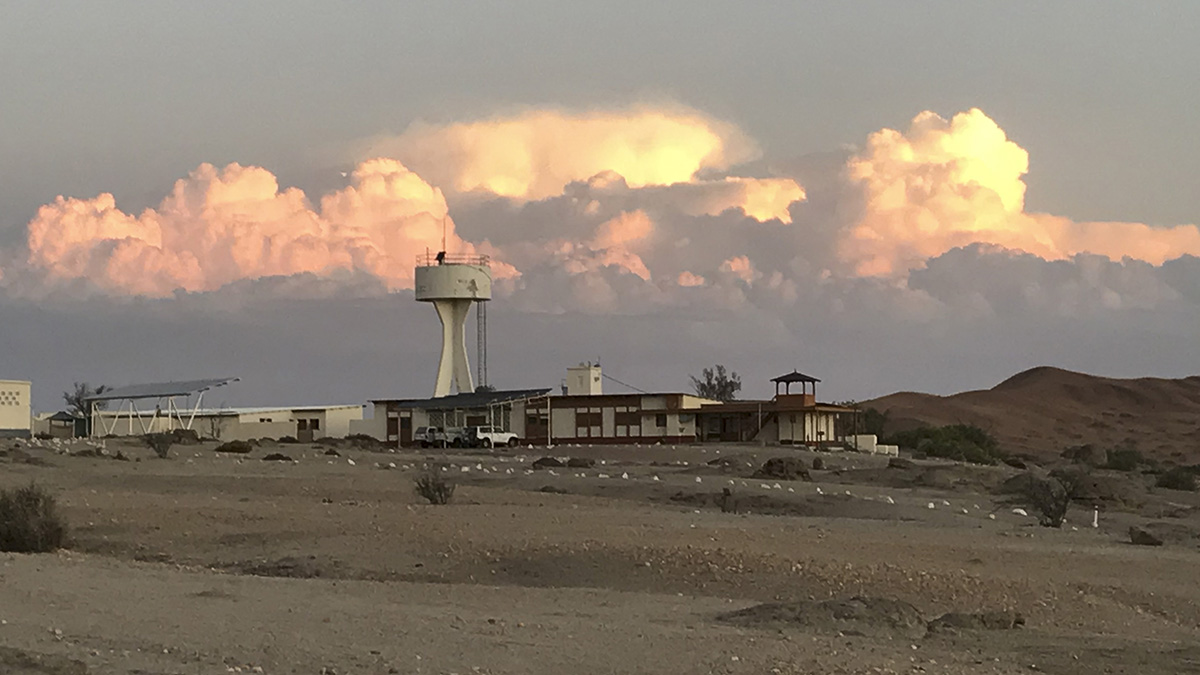Recent Headlines

The Gobabeb: Namib Research Institute in Namibia
Prof J. Scott Turner Receives Fulbright U.S. Scholar Award to Namibia for Building Effective Online Educational Media
Emeritus Professor of Biology J. Scott Turner of the SUNY College of Environmental Science and Forestry (SUNY ESF) has been granted a Fulbright U.S. Scholar Program award to the southern African country of Namibia. Turner will be helping the Gobabeb: Namib Research Institute to build its media and web presence. Turner's project will involve helping students and staff at Gobabeb, and at the Namibia University of Science and Technology (NUST) to become "media creators," learning how to effectively use video, sound, and story to create compelling educational media. Turner will also serve as a temporary senior scientific staff member at Gobabeb.
As a Fulbright Scholar, Turner will share knowledge and foster meaningful connections across communities in the United States and Namibia. Fulbrighters engage in cutting-edge research and expand their professional networks, often continuing research collaborations started abroad and laying the groundwork for forging future partnerships between institutions. Upon returning to their home countries, institutions, labs, and classrooms, they share their stories and often become active supporters of international exchange, inviting foreign scholars to campus and encouraging colleagues and students to go abroad. As Fulbright Scholar alumni, their careers are enriched by joining a network of thousands of esteemed scholars, many of whom are leaders in their fields. Fulbright alumni include 60 Nobel Prize laureates, 86 Pulitzer Prize recipients, and 37 who have served as a head of state or government.
The Fulbright Program is the flagship international educational exchange program sponsored by the United States government and is designed to forge lasting connections between the people of the United States and the people of other countries, counter misunderstandings, and help people and nations work together toward common goals. Since its establishment in 1946, the Fulbright Program has enabled more than 390,000 dedicated and accomplished students, scholars, artists, teachers, and professionals of all backgrounds to study, teach and conduct research, exchange ideas, and find solutions to shared international concerns. The Fulbright Program is funded through an annual appropriation made by Congress to the U.S. Department of State. Participating governments and host institutions, corporations, and foundations around the world also provide direct and indirect support to the Program, which operates in more than 160 countries worldwide.